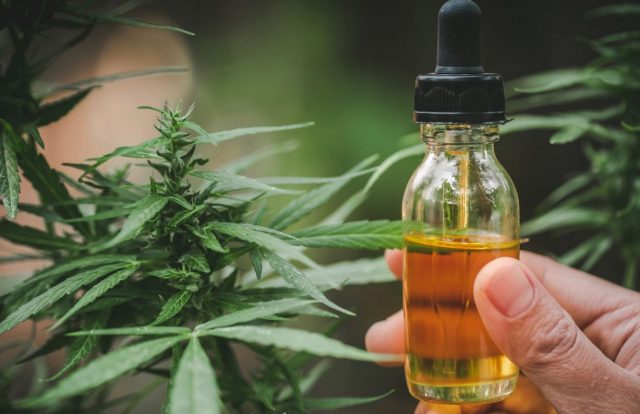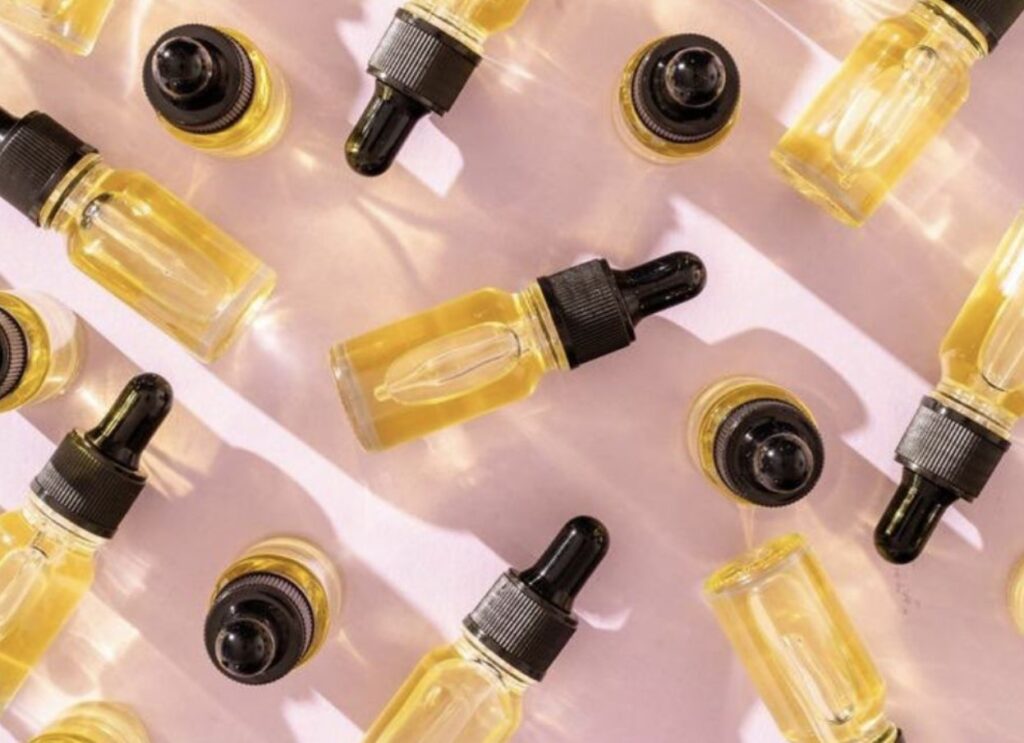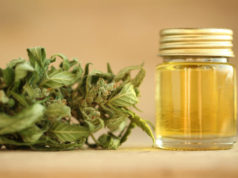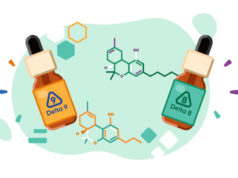
Cannabidiol (CBD) has become a popular health supplement over the past few decades. This is due to clinical research that has revealed new benefits to our overall health and wellness, both from a general perspective, but also for specific conditions and illnesses. While CBD does have several applications, its functionality needs to be kept within the realm of reality.
Hangovers are a common ailment for adults of all ages to have a fun time with alcohol one night and pay for it with a hangover the next day. Headaches, general soreness, nausea, dehydration, and fatigue are common symptoms for people with side effects. While taking CBD from high quality sources like CanRelieve cannot completely cure or prevent a hangover from happening, it can help relieve some of the symptoms. Here’s a quick guide to explain how it works: What Are Hangovers?

A hangover is a non-medical term given to a group of symptoms that occur after you drink too much alcohol. Here are the common symptoms of a hangover:
- Mental and physical fatigue
- Dry mouth and dehydration
- Headaches
- Muscle aches
- Nausea and vomiting
- Poor sleep
- Dizziness or spinning head
- Sensitivity to light and sound
- Decreased focus and concentration
- Rapid heartbeat
In general, the more you drink in one sitting, the worse your hangover symptoms will be. Hangovers happen because alcohol is inherently toxic, which means it lightly poisons your stomach and other organs after it is absorbed into your bloodstream.

What Is Cannabidiol (CBD)?
CBD is a naturally occuring chemical compound that is found in cannabis plants. It can occur in both marijuana and in hemp. Unlike the THC that is in marijuana, CBD has no psychoactive properties on its own. That means it does not make you high, which is the main reason why CBD is completely legal virtually everywhere while THC and marijuana are still more restricted.
The other reason why CBD was legalized is because research is revealing that cannabis, thanks to cannabinoids like CBD, has a lot of medical benefits such as:
- Reducing pain and inflammation
- Relieving anxiety, stress and depression
- Improving quality of sleep
- Reducing nausea and vomiting
- Relieving some cancer-related symptoms
- Treating acne and other skin conditions caused by inflammation
- Neuroprotective properties to help conditions like epilepsy, multiple sclerosis, and more
CBD accomplishes this by interacting with your endocannabinoid system (ECS) that is part of your nervous system. Despite being part of your nervous system, the main function that your ECS seems to perform is regulating the release of various hormones and neurotransmitters, which in turn regulate many bodily functions. For example, when it reduces pain, it does this by reducing the release of pain signals.

Treating Oxidative Stress
There is a term for the response your body deals with as a result of the toxins in the alcohol: it’s called oxidative stress. The toxins create an imbalance in the cells throughout your body that can lead to them becoming damaged. In the short term, such as being hungover in one specific instance, it will lead to things like high blood pressure, inflammation of your muscles, organs and joints, and general fatigue.
This is where CBD can help. It just so happens that it is a strong source of antioxidants, which can help rebalance your cells and promote greater cell health. This can neutralize some or all of the oxidative stress that drinking causes, depending on how much you have to drink. It reduces inflammation, and improves the health of your various organs’ cells so the effects of oxidative stress is reduced.

Relieving Hangover-Related Pain
The other well known property of CBD is that it can relieve pain. Since it binds to the receptors in the ECS, it lowers the pain signal sent throughout your body to diminish how much pain you actually feel. It also is a powerful anti-inflammatory due to being a strong source of antioxidants.
Between the ability to reduce pain, inflammation and oxidative stress, you reduce the amount of pain and inflammation that you may feel during a hangover. It also helps reduce the pain signals you would experience otherwise. That means issues like headaches, body aches, and joint pain that are common symptoms of hangovers are reduced. How much the CBD is able to reduce your general pain and discomfort will depend on the severity of your hangover, and how much CBD you take.

Reducing Nausea
The final common symptom of a hangover is nausea and vomiting, usually caused by the alcohol irritating the lining of your stomach. This can lead to a buildup of stomach acid that increases the feeling of nausea, and can make you throw up if it builds up enough.
Generally, CBD and cannabis have been used as a way to reduce nausea and vomiting for a long time. One of the first medical uses for cannabis was to treat cancer symptoms and the nausea caused by radiation treatments. More specifically, it affects how much serotonin your body produces. Serotonin is a neurotransmitter that affects a number of things, such as your mood, but it also regulates digestion and appetite, since it is primarily found in your stomach.
The important thing to remember when using CBD to treat a hangover is that it likely won’t be able to “cure” everything, and may just reduce the symptoms mildly. Be wary of any CBD product that claims to have dramatic, if not miraculous results. With a lack of FDA regulation over supplements, compared to medication, some brands will make claims that aren’t substantiated by research. You can trust brands that make claims with proper scientific information cited to back them up.
The only note of caution is to be careful taking CBD if you are also on any prescription medication. Make sure you talk to your doctor before trying it, since it can have a negative reaction with certain medications. Otherwise, CBD has very minimal side effects and is safe to take at the recommended range of doses.














